In recent years, DNA-encoded libraries (DELs) have emerged as alternative tools for drug discovery, allowing for the screening of large compound libraries at an unprecedented level of speed and cost efficiency. Over the past two decades, a variety of techniques have been used to tag organic molecules with DNA. Some of these encoding methods were developed and applied to DELs to further construct DELs, with the core being the formation of unique DNA tags and covalent attachment to small molecules.
Alfa Chemistry has been committed to discovering small-molecule ligands to protein targets of biological and pharmaceutical interest through DELs technology for many years. We have a DELs technology platform that allows us to design and synthesize DELs. Due to the fact that each compound in the DELs is correspondingly conjugated to its respective DNA barcode, the synthesis of DELs is inseparable from DNA encoding methodologies. We provide DELs encoding services, and select the most appropriate encoding method based on the library's size, complexity, and synthesis costs, facilitating subsequent selection of hits.
Our Encoding Strategies
There are two main methods of encoding DELs, relying on DNA-recorded and DNA-templated technology respectively. Although both strategies share some technological differences, they both aim to create large collections of small molecules with each one being conjugated with a unique DNA tag encoding its chemical information [1]. Alfa Chemistry has the ability to provide these two encoding strategies for use in the construction and synthesis of DELs.
DNA-Recorded Encoding
DNA-recorded, sometimes also referred to as DNA-encoded, is the most commonly used method for the encoding and construction of DELs. It relies on the stepwise joining of DNA fragments that are used only to "record" the identity of individual building blocks for synthetic transformation, where each molecule is coupled to a unique DNA fragment. At the completion of each chemical reaction, the newly introduced building blocks are coded by an additional DNA fragment attached to the nascent DNA. Commonly used reactions in this approach include ligation of single-stranded oligonucleotides, ligation of double-stranded oligonucleotides, and polymerase-catalyzed fill-in reactions, as well as non-enzymatic coding reactions, as shown in Fig. 1 [2].
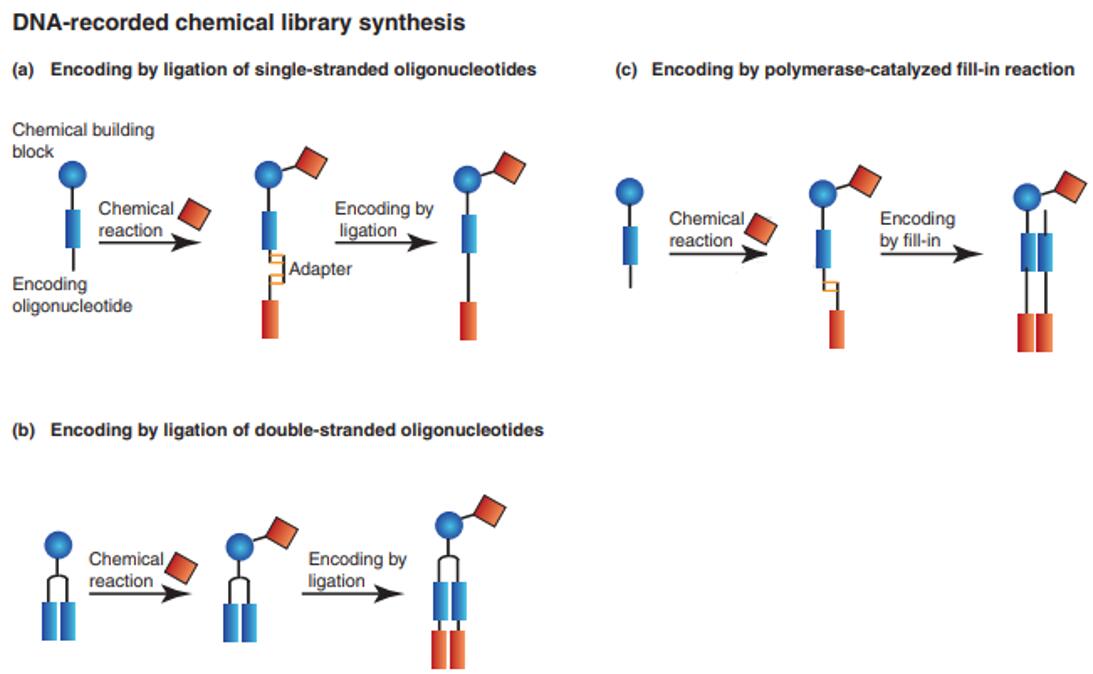 Fig. 1 DNA-recorded encoding strategies for constructing DELs [2].
Fig. 1 DNA-recorded encoding strategies for constructing DELs [2].
DNA-Templated Encoding
DNA-templated is another encoding strategy of DELs, which actually 'pre-encodes' DELs in an initial template pool, where each library compound can only be synthesized on a specific template with a unique DNA sequence. The diagram is shown in Fig. 2. The template required in this strategy must have several "codon" sites that complement the reagent DNA, and hybridizes with the chemical building block under the guidance of the codon, and delivers the building block specifically to the template encoding it, thus realizing the coding of DELs. This method utilizes the sequence specificity of DNA hybridization to achieve high fidelity in library coding [1], [3].
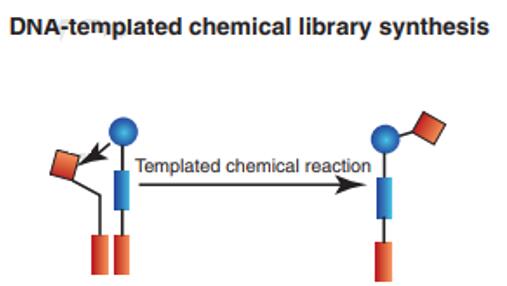 Fig.2 DNA-templated encoding strategies for constructing DELs [2].
Fig.2 DNA-templated encoding strategies for constructing DELs [2].
Choose Alfa Chemistry
Alfa Chemistry has been researching DELs technology for many years with the aim of discovering specific ligands that bind to protein targets. We have the ability to provide one-stop services for DELs, where encoding services are essential in the synthesis of DELs. DNA-recorded and DNA-templated methods are the encoding strategies available at Alfa Chemistry. If you need help, please feel free to contact us.
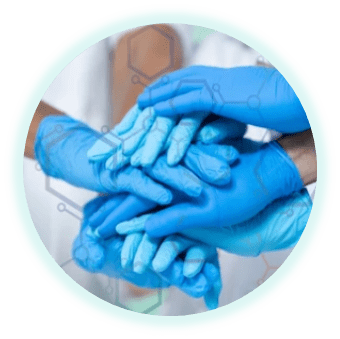
Professional research team
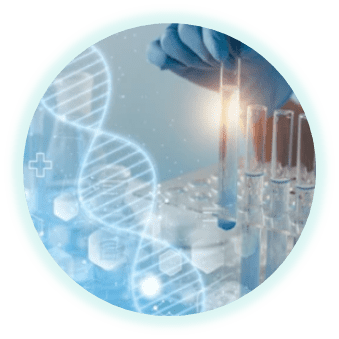
Complete DELs platform
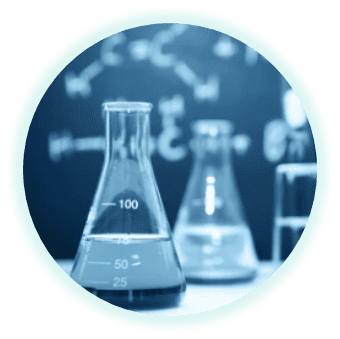
Extensive experimental experience

Strict quality control system
References
- Li, G.; et al. Novel encoding methods for DNA-templated chemical libraries. Current Opinion in Chemical Biology. 2015, 26: 25-33.
- Zimmermann, G.; Neri, D . DNA-encoded chemical libraries: foundations and applications in lead discovery. Drug Discov Today. 2016, 21(11): 1828-1834.
- Neri, D; Lerner, R. A. DNA-encoded chemical libraries: a selection system based on endowing organic compounds with amplifiable information. Annual Review of Biochemistry. 2018, 87(1): 5.1-5.24.
